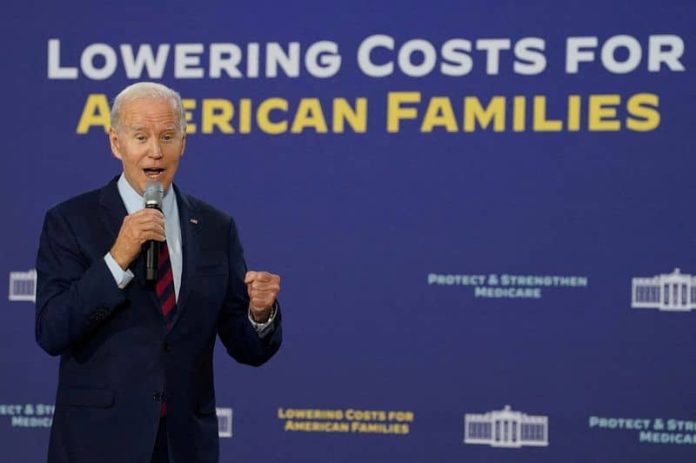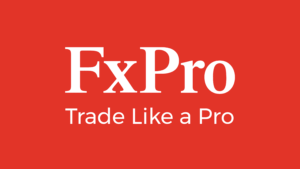By Brendan Pierson
(Reuters) – Drugmakers challenging a Biden administration program requiring them to negotiate with Medicare over the prices of selected costly drugs may not have a clear legal precedent on their side, but there are signs they could get a friendly hearing from the U.S. Supreme Court, legal experts said.
Even before the administration announced the first ten drugs for inclusion in the program on Tuesday, drug companies and industry groups had sued the U.S. Centers for Medicare and Medicaid Services (CMS) in an effort to derail it.
Eight lawsuits are pending in courts across the country, before liberal and conservative judges alike, setting up the possibility of a conflict that will push the issue to the nation’s top court.
Lawrence Gostin, a professor at Georgetown Law who has written publicly in support of the program, said he believed the lawsuits had “very little merit” but could nonetheless be persuasive to the Supreme Court’s conservative judges.
“The court has shown a considerable hostility to federal agency action, particularly when they are trying to do big things,” he said, pointing to the court’s ruling last year limiting the Environmental Protection Agency’s ability to regulate carbon emissions.
CMS is expected to soon begin the negotiations for lower prices on the 10 drugs that will take effect in 2026. The program, part of the Inflation Reduction Act signed by Democratic President Joe Biden, aims to save $25 billion per year on prescription medicines by 2031.
The drugs are some of the most lucrative on the market, including Bristol Myers (NYSE:BMY) Squibb’s blood thinner Eliquis, Novartis (SIX:NOVN)’ heart failure treatment Entresto and AstraZeneca (NASDAQ:AZN)’s diabetes drug Farxiga.
Those companies filed separate lawsuits against the administration, as have the U.S. Chamber of Commerce and the leading drug industry group Pharmaceutical Research and Manufacturers of America (PhRMA).
While the cases feature differences in the legal arguments, all claim the program gives the government power to effectively dictate the price, with drugmakers’ only recourse being pay prohibitive fines or stop taking part in Medicare and other government health programs.
The drug companies say that amounts to taking their property – their exclusive right to sell their patent-protected drugs – without just compensation, a violation of the U.S. Constitution’s Fifth Amendment.
Americans pay far more for prescription medicines than patients in other developed nations, where governments have long negotiated prices.
Though legal scholars said there was no exact precedent supporting either side’s position, the Supreme Court in recent years has upheld a strong view of property rights when interpreting the Fifth Amendment.
In 2015, the court struck down a Depression-era federal program requiring raisin producers to set aside a portion of their harvest. And in 2021, it ruled that two California fruit companies could not be compelled by state law to allow union organizers on their property.
A key question in the drugmakers’ cases will be whether the government is forcing their hand.
James Blumstein, a university distinguished professor at Vanderbilt Law School who played a key role in Republican states’ successful challenge to the Affordable Care Act’s requirement to expand Medicaid health insurance for low-income people, said the government can attach conditions to participating in federal programs, but with limits.
In the Affordable Care Act case, the Supreme Court found that the federal government overstepped in threatening to cut off all Medicaid funding for states that did not expand the program, effectively commandeering state governments.
‘CREATIVE LAWYERING’
Drug companies might be able to argue that Medicare’s power in the market was so great that requiring the negotiation as a condition was similarly coercive, Blumstein said. He acknowledged that there was no perfect precedent, but suggested the companies could make an analogy with antitrust laws that restrict private companies.
“That would have to be developed through, shall we say, creative lawyering,” he said.
Others were more skeptical.
“It’s not as though the government is storming into warehouses and taking the drugs,” said Robin Feldman, a professor at University of California College of the Law, San Francisco, specializing in health issues. He called the illegal taking claim “a heavy lift.”
The drugmakers also say the law forces them to sign contracts stating the negotiated prices are “fair.” They say that violates their right to free speech under the First Amendment of the Constitution by compelling them to parrot the government’s claim.
The Biden administration has said nothing in the Constitution prevents Medicare from negotiating drug prices.
The Supreme Court has upheld such compelled speech claims before, notably in a 2013 decision finding that non-governmental organizations could not be forced to adopt an anti-prostitution stance to receive federal funding to combat AIDS.
Blumstein said he believed compelled speech was the companies’ strongest claim.
Feldman said it was weakened by the fact that the companies could still publicly say whatever they wish about the program.
It could be some time before any of the cases reaches the Supreme Court. Only the Chamber of Commerce has sought a preliminary order halting the negotiations. Rulings in the drugmakers’ lawsuits likely will not come until next year at the earliest.




















